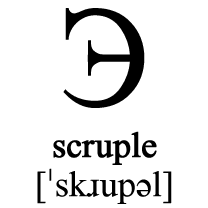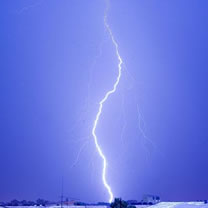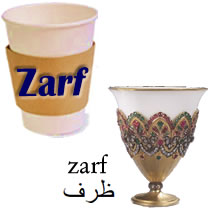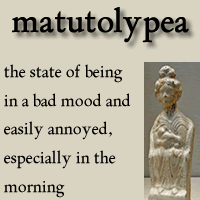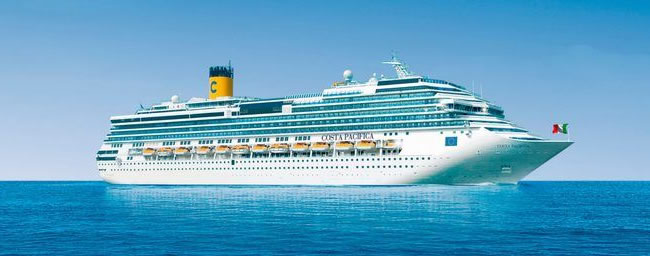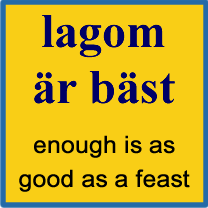
One of the Swedish idioms I learnt recently is lagom är bäst, which is translated as “less is more”, “enough is as good as a feast” or “there is virtue in moderation”, and literally means something like “the right amount is best”.
Lagom [lɑːɡɔm] is a word that is supposedly untranslatable. It is variously defined as meaning “in moderation, in balance, perfect-simple, suitable, enough, sufficient, adequate, just right”.
The Svesnska Akademiens Ordbok defines lagom as:
som är som sig bör (för att passa för ett visst ändamål), lämplig, passande; medelmåttig, medelstor, medelbred, medelgod osv., av normal storlek, styrka osv., normal.
which is as it should (to suit a particular purpose), appropriate, appropriate; mediocre, medium, medium-width, average good, etc., of normal size,. strength, etc., normal
Lagom is apparently the basis of the Swedish national psyche, which emphasises consensus, equality, modesty and avoidance of extremes.
According to Mattias Persson, the word lagom itself actually means “for the law”, or “within the boundaries of the law”, that is, what is normal or according to normal customs. It is a dative case (indirect object) form from lag (law).
Is less more? Are you a minimalist?
Are there words in other languages that have similar meanings to lagom?

